 Alison Etheridge is Professor of Probability at the University of Oxford. She has a doctorate from Oxford, although she spent a considerably part of her time as a graduate student at McGill. She then had postdocs at Oxford, Cambridge and Berkeley and academic posts in Edinburgh and QMW London before returning to Oxford in 1997. Her early work was mostly concerned with infinite dimensional stochastic processes and, especially, their connections to certain partial differential equations. While lucky enough to hold an EPSRC Advanced Research Fellowship, her interests shifted and now much of her work focuses on mathematical models that arise in ecology and in theoretical population genetics. She will be speaking on modelling evolution of different genetic types in spatially structured populations.
Alison Etheridge is Professor of Probability at the University of Oxford. She has a doctorate from Oxford, although she spent a considerably part of her time as a graduate student at McGill. She then had postdocs at Oxford, Cambridge and Berkeley and academic posts in Edinburgh and QMW London before returning to Oxford in 1997. Her early work was mostly concerned with infinite dimensional stochastic processes and, especially, their connections to certain partial differential equations. While lucky enough to hold an EPSRC Advanced Research Fellowship, her interests shifted and now much of her work focuses on mathematical models that arise in ecology and in theoretical population genetics. She will be speaking on modelling evolution of different genetic types in spatially structured populations.
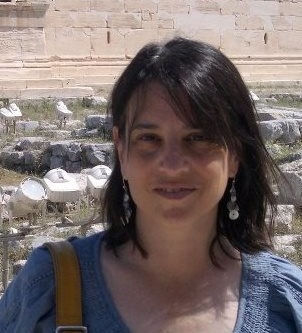 Lisa Fauci is currently a Professor of Mathematics at Tulane University in New Orleans, Louisiana. She was the founding director of Tulane’s Center for Computational Science, and is a Fellow of the Society for Industrial and Applied Mathematics (SIAM). She is an applied mathematician whose research lies at the interface of scientific computing and biology, and has made significant advances in the area of biological fluid dynamics. A focus of her work has been the development of models and algorithms that capture the coupling of actuated elastic structures with a surrounding fluid. Most importantly, she feels fortunate to spend her days working with talented undergraduates, graduate students and postdoctoral researchers who “continue to teach her more about mathematics and science”. Lisa will speak on Modeling the bio-fluid dynamics of reproduction: successes and challenges.
Lisa Fauci is currently a Professor of Mathematics at Tulane University in New Orleans, Louisiana. She was the founding director of Tulane’s Center for Computational Science, and is a Fellow of the Society for Industrial and Applied Mathematics (SIAM). She is an applied mathematician whose research lies at the interface of scientific computing and biology, and has made significant advances in the area of biological fluid dynamics. A focus of her work has been the development of models and algorithms that capture the coupling of actuated elastic structures with a surrounding fluid. Most importantly, she feels fortunate to spend her days working with talented undergraduates, graduate students and postdoctoral researchers who “continue to teach her more about mathematics and science”. Lisa will speak on Modeling the bio-fluid dynamics of reproduction: successes and challenges.
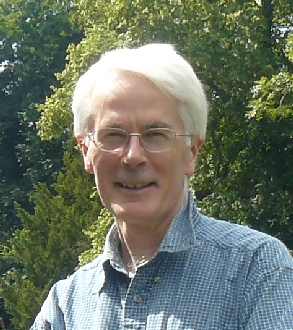 Douglas Heggie is Professor Emeritus of the University of Edinburgh, Scotland, having recently retired from the position of Professor of Mathematical Astronomy. After 10 years as a student, graduate student and research fellow at Trinity College, Cambridge, his entire professional career has been based in Edinburgh, with prolonged research visits to Princeton, Cambridge, Kyoto, Warsaw, etc. His research interests are in stellar dynamics, especially the three-body problem, the dynamical evolution of star clusters, and related applications of high-performance computing. He has authored or co-authored two books (one on the topic of prehistoric mathematics and astronomy) and over 130 research papers. He has served as President of Commission 37 of the International Astronomical Union, on the Council of the Royal Astronomical Society of London, and as an Editor of its main research journal, Monthly Notices. Douglas will speak on Mathematics, Astronomy and Physics – a Three-Body Problem.
Douglas Heggie is Professor Emeritus of the University of Edinburgh, Scotland, having recently retired from the position of Professor of Mathematical Astronomy. After 10 years as a student, graduate student and research fellow at Trinity College, Cambridge, his entire professional career has been based in Edinburgh, with prolonged research visits to Princeton, Cambridge, Kyoto, Warsaw, etc. His research interests are in stellar dynamics, especially the three-body problem, the dynamical evolution of star clusters, and related applications of high-performance computing. He has authored or co-authored two books (one on the topic of prehistoric mathematics and astronomy) and over 130 research papers. He has served as President of Commission 37 of the International Astronomical Union, on the Council of the Royal Astronomical Society of London, and as an Editor of its main research journal, Monthly Notices. Douglas will speak on Mathematics, Astronomy and Physics – a Three-Body Problem.
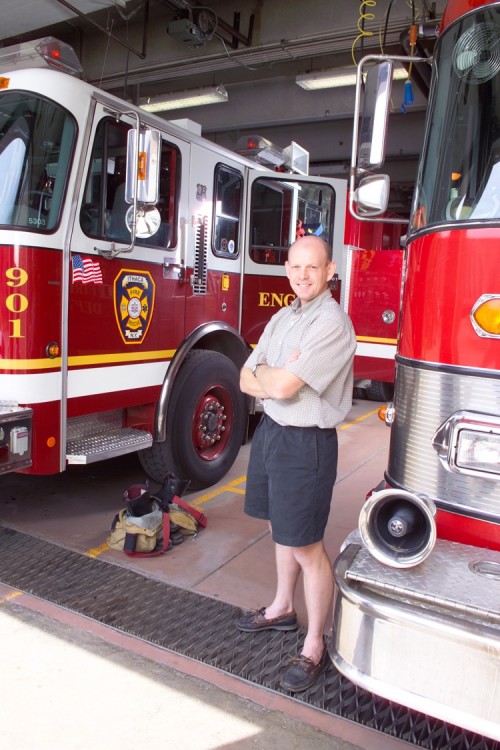 Shane G. Henderson(Sponsored by Fonterra) is a professor in the School of Operations Research and Information Engineering at Cornell University. He received his PhD from Stanford University in 1997, and has held academic positions in the Department of Industrial and Operations Engineering at the University of Michigan and the Department of Engineering Science at the University of Auckland. His research interests include discrete-event simulation, simulation optimization, and emergency-services planning. He is the immediate past chair of the INFORMS Applied Probability Society, the past simulation area editor for Operations Research, and an associate editor for both Management Science and Stochastic Systems. Shane will speak on Real-Time Control of Ambulance Fleets through Statistics, Simulation and Optimization.
Shane G. Henderson(Sponsored by Fonterra) is a professor in the School of Operations Research and Information Engineering at Cornell University. He received his PhD from Stanford University in 1997, and has held academic positions in the Department of Industrial and Operations Engineering at the University of Michigan and the Department of Engineering Science at the University of Auckland. His research interests include discrete-event simulation, simulation optimization, and emergency-services planning. He is the immediate past chair of the INFORMS Applied Probability Society, the past simulation area editor for Operations Research, and an associate editor for both Management Science and Stochastic Systems. Shane will speak on Real-Time Control of Ambulance Fleets through Statistics, Simulation and Optimization.
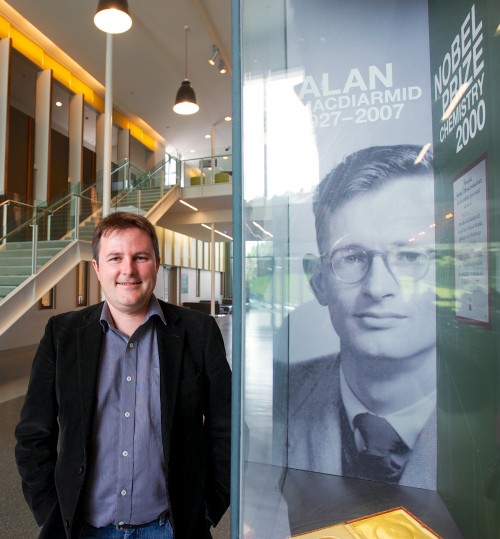 Shaun Hendy is Professor of Computational Physics at MacDiarmid Institute for Advanced Materials and Nanotechnology at Victoria University of Wellington and an Industry and Outreach Fellow at Callaghan Innovation. Shaun has a PhD in physics from the University of Alberta in Canada and a BSc(Hons) in mathematical physics from Massey University. He has a wide range of research interests, including computational physics, nanoscience, complex systems and innovation, and has authored more than 90 peer reviewed journal articles on these and other topics. In 2010, Shaun was awarded the New Zealand Association of Scientists Research Medal and a Massey University Distinguished Young Alumni Award. In 2012 he was elected a Fellow of the Royal Society of New Zealand for his research on nanotechnology, and in 2013 he was awarded ANZIAM’s E. O. Tuck medal for research in applied mathematics. Shaun writes a blog, ‘A Measure of Science’, as part of Sciblogs.co.nz and has a monthly column in Unlimited Magazine. He also has a regular slot on Radio New Zealand Nights as physics correspondent. In 2012, Shaun was awarded the Callaghan Medal by the Royal Society of New Zealand and the Prime Minister’s Science Media Communication Prize for his achievements as a science communicator. Shaun will speak on Slippery issues in micro and nanoscale flows.
Shaun Hendy is Professor of Computational Physics at MacDiarmid Institute for Advanced Materials and Nanotechnology at Victoria University of Wellington and an Industry and Outreach Fellow at Callaghan Innovation. Shaun has a PhD in physics from the University of Alberta in Canada and a BSc(Hons) in mathematical physics from Massey University. He has a wide range of research interests, including computational physics, nanoscience, complex systems and innovation, and has authored more than 90 peer reviewed journal articles on these and other topics. In 2010, Shaun was awarded the New Zealand Association of Scientists Research Medal and a Massey University Distinguished Young Alumni Award. In 2012 he was elected a Fellow of the Royal Society of New Zealand for his research on nanotechnology, and in 2013 he was awarded ANZIAM’s E. O. Tuck medal for research in applied mathematics. Shaun writes a blog, ‘A Measure of Science’, as part of Sciblogs.co.nz and has a monthly column in Unlimited Magazine. He also has a regular slot on Radio New Zealand Nights as physics correspondent. In 2012, Shaun was awarded the Callaghan Medal by the Royal Society of New Zealand and the Prime Minister’s Science Media Communication Prize for his achievements as a science communicator. Shaun will speak on Slippery issues in micro and nanoscale flows.
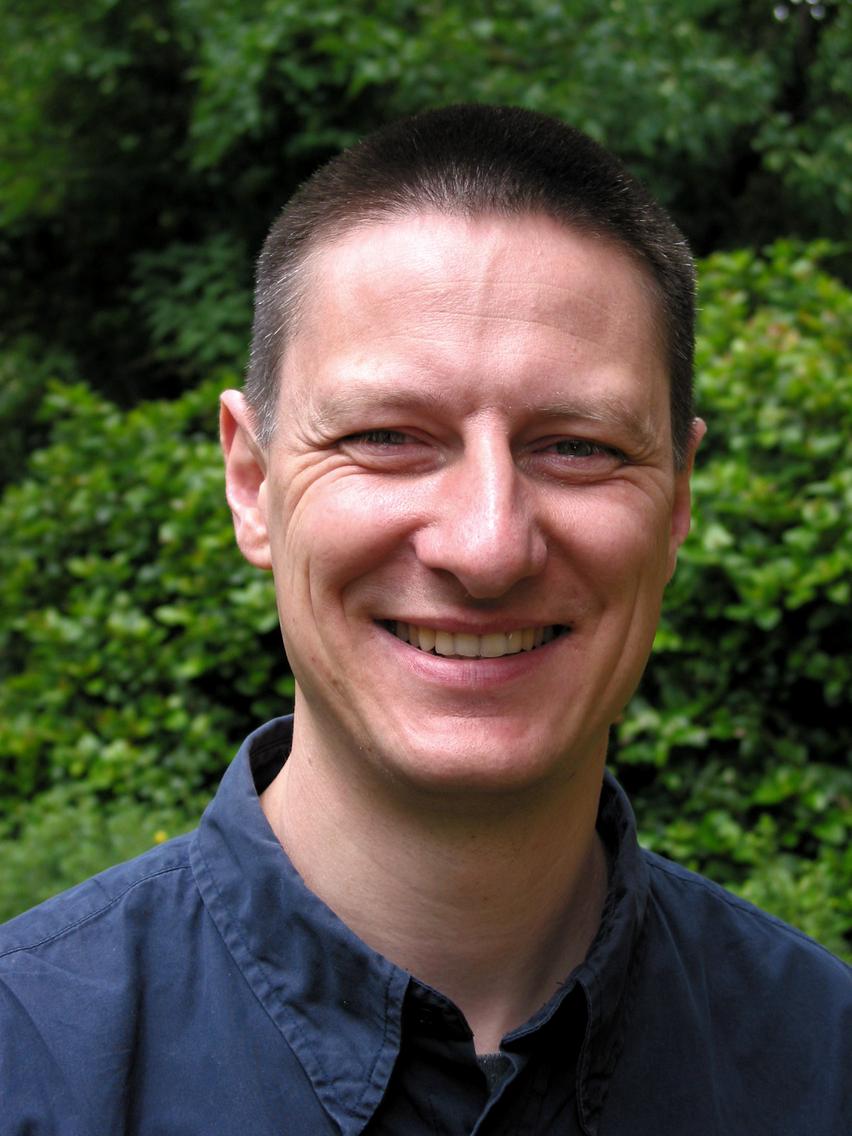 Bernd Krauskopf is Professor of Applied Mathematics at The University of Auckland. He received an MSc from RWTH Aachen and then a PhD from the University of Groningen. He held temporary positions at Cornell University and Amsterdam before joining the University of Bristol in 1998, where he worked until joining The University of Auckland in 2011. Bernd’s research is in dynamical systems theory and its applications, and he has published over 120 academic journal papers. He has been at the forefront of developing theory and numerical methods for bifurcation theory, and is also well known for his applied work, for example, on the dynamics of laser systems and on aircraft as ground vehicles. Bernd was an EPSRC Advanced Research Fellow in 2001-2006, a non-salaried Professor at the Free University of Amsterdam in 2002-2010, and he held visiting positions at CalTech and the University of Minnesota. Bernd will speak on Discovering the geometry of chaos.
Bernd Krauskopf is Professor of Applied Mathematics at The University of Auckland. He received an MSc from RWTH Aachen and then a PhD from the University of Groningen. He held temporary positions at Cornell University and Amsterdam before joining the University of Bristol in 1998, where he worked until joining The University of Auckland in 2011. Bernd’s research is in dynamical systems theory and its applications, and he has published over 120 academic journal papers. He has been at the forefront of developing theory and numerical methods for bifurcation theory, and is also well known for his applied work, for example, on the dynamics of laser systems and on aircraft as ground vehicles. Bernd was an EPSRC Advanced Research Fellow in 2001-2006, a non-salaried Professor at the Free University of Amsterdam in 2002-2010, and he held visiting positions at CalTech and the University of Minnesota. Bernd will speak on Discovering the geometry of chaos.
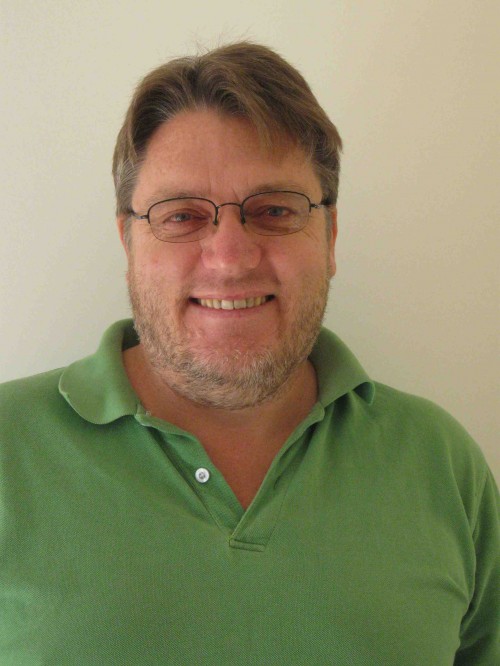 Geoff Mercer is currently the group leader in Infectious Disease Epidemiology and Modelling in the National Centre for Epidemiology and Population Health located at the Australian National University. He has been at ANU since early 2009 and previously was in a teaching position at UNSW in Canberra. His research interests are very broad and include topics on combustion and heat transfer, bushfire modelling, flow through porous media, movement through threat environments, and more recently disease modelling, epidemiology and population health. Currently he is actively involved in research on influenza, tuberculosis, hepatitis, head lice, dengue fever, blood transfusion supply dynamics and pandemic planning. He is the current Chair of the Mathematical Biology Special Interest Group of ANZIAM and was previously ANZIAM Secretary from 2008 until 2012. His contributions were recently recognised through the prestigious EO Tuck Medal in 2013, a mid-career award for outstanding research and distinguished service to the field of Applied Mathematics. Geoff will speak on Disease modelling and its impact on policy decisions.
Geoff Mercer is currently the group leader in Infectious Disease Epidemiology and Modelling in the National Centre for Epidemiology and Population Health located at the Australian National University. He has been at ANU since early 2009 and previously was in a teaching position at UNSW in Canberra. His research interests are very broad and include topics on combustion and heat transfer, bushfire modelling, flow through porous media, movement through threat environments, and more recently disease modelling, epidemiology and population health. Currently he is actively involved in research on influenza, tuberculosis, hepatitis, head lice, dengue fever, blood transfusion supply dynamics and pandemic planning. He is the current Chair of the Mathematical Biology Special Interest Group of ANZIAM and was previously ANZIAM Secretary from 2008 until 2012. His contributions were recently recognised through the prestigious EO Tuck Medal in 2013, a mid-career award for outstanding research and distinguished service to the field of Applied Mathematics. Geoff will speak on Disease modelling and its impact on policy decisions.
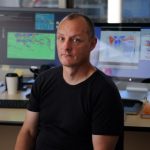 Terence O’Kane, CSIRO Marine & Atmospheric Research, earned his PhD in applied mathematics from Monash University in 2003, his MSc in theoretical physics from The University of Melbourne in 1999 and his BSc(hons) in applied mathematics from La Trobe University in 1996. After his PhD Terry joined CSIRO as a postdoctoral researcher and subsequently was research fellow at the Antarctic, Climate & Ecosystems CRC. Terry took up his first permanent position at the Australian Bureau of Meteorology (BoM) as ensemble prediction scientist in 2007. Following nearly two years at the BoM, Terry returned to CMAR where he is a senior research scientist and a current ARC Future Fellow.
Terence O’Kane, CSIRO Marine & Atmospheric Research, earned his PhD in applied mathematics from Monash University in 2003, his MSc in theoretical physics from The University of Melbourne in 1999 and his BSc(hons) in applied mathematics from La Trobe University in 1996. After his PhD Terry joined CSIRO as a postdoctoral researcher and subsequently was research fellow at the Antarctic, Climate & Ecosystems CRC. Terry took up his first permanent position at the Australian Bureau of Meteorology (BoM) as ensemble prediction scientist in 2007. Following nearly two years at the BoM, Terry returned to CMAR where he is a senior research scientist and a current ARC Future Fellow.
Terry’s research is characterised by wide ranging contributions over topics including quantum optics, the statistical dynamics/mechanics and subgrid-scale parameterisation of turbulent geophysical flows, data assimilation in strongly nonlinear flows, the theory and operational implementation of ensemble methods for numerical weather prediction and ocean forecasting. Most recently his work has focussed on instabilities and regimes in multi-scale systems and in particular climate regime transitions. Terry will speak on The statistical dynamics of geophysical flows with application to ensemble prediction and data assimilation.
